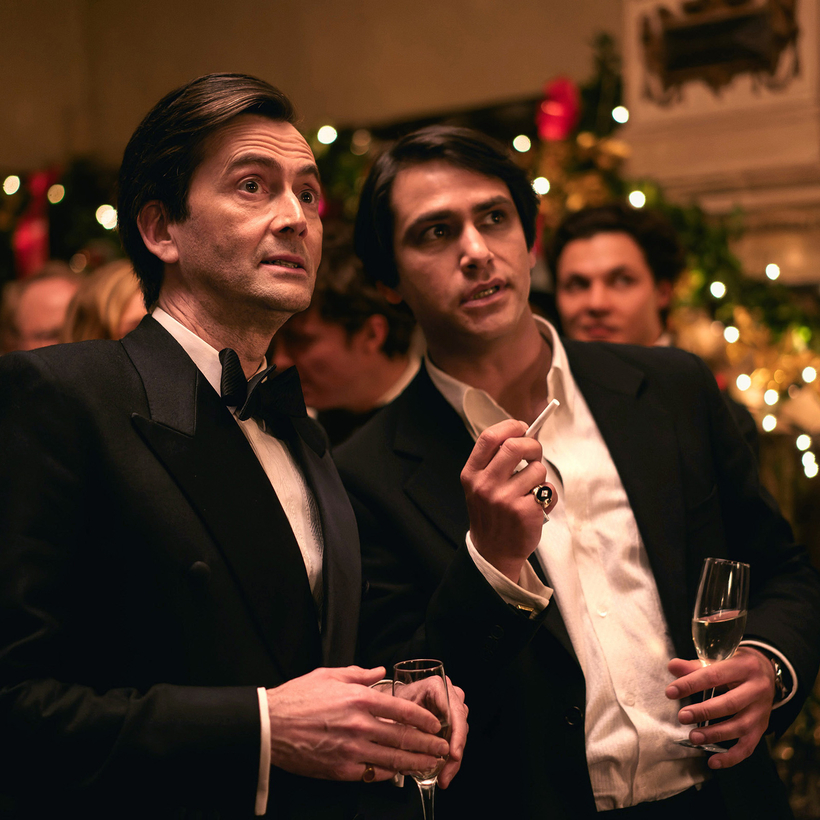Since its release two weeks ago, Rivals has swept the nation off its feet, winning critical acclaim and introducing Jilly Cooper, the queen of horsey Rutshire, to a new audience. But for executive producer Dominic Treadwell-Collins, 47, and for Cooper’s literary agent, Felicity Blunt, who is also an executive producer on the Disney+ series, this has been the climax of a slow-burning love.
Blunt, 43, was an “über Jilly fan” from the age of ten. “I was too young to be taking her books out of the library, but I got away with it because I had the large print edition, which had this grey horse going over a set of jumps rather than the bottom [and] hand,” she recalls. “I told my mother it was about horses.” When Blunt became an agent, she made it her “life’s mission” to inherit Cooper as a client when her predecessor, Vivienne Schuster, retired. “I would have killed anybody who got in the way,” she says.

